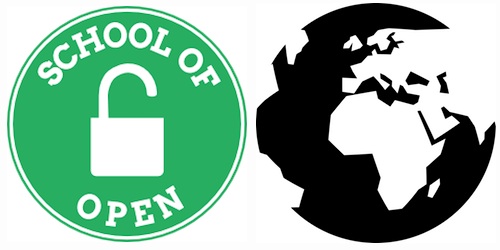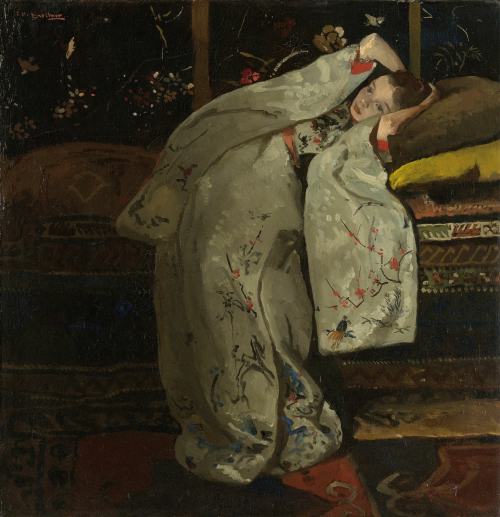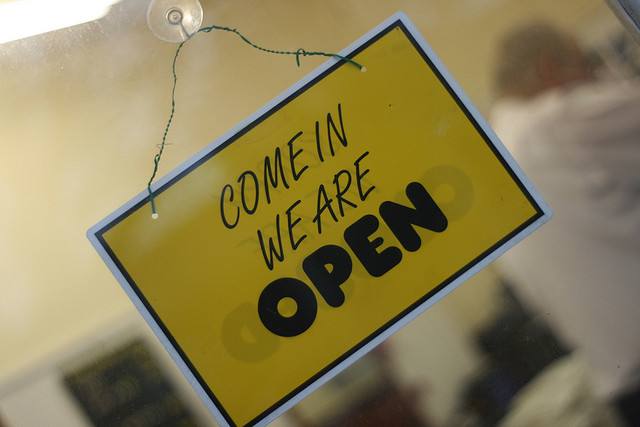Dozens of organizations tell STM publishers: No new licenses
jeudi 7 août 2014 à 18:17The keys to an elegant set of open licenses are simplicity and interoperability. CC licenses are widely recognized as the standard in the open access publishing community, but a major trade association recently published a new set of licenses and is urging its members to adopt it. We believe that the new licenses could introduce unnecessary complexity and friction, ultimately hurting the open access community far more than they’d help.
Today, Creative Commons and 57 organizations from around the world released a joint letter asking the International Association of Scientific, Technical & Medical Publishers to withdraw its model “open access” licenses. The association ostensibly created the licenses to promote the sharing of research in the scientific, technical, and medical communities. But these licenses are confusing, redundant, and incompatible with open access content published under other public licenses. Instead of developing another set of licenses, the signatories urge the STM Association to recommend to its authors existing solutions that will truly promote STM’s stated mission to “ensure that the benefits of scholarly research are reliably and broadly available.” From the letter:
We share a positive vision of enabling the flow of knowledge for the good of all. A vision that encompasses a world in which downstream communicators and curators can use research content in new ways, including creating translations, visualizations, and adaptations for diverse audiences. There is much work to do but the Creative Commons licenses already provide legal tools that are easy to understand, fit for the digital age, machine readable and consistently applied across content platforms.
So, what’s really wrong with the STM licenses? First, and most fundamentally, it is difficult to determine what each license and supplementary license is intended to do and how STM expects them each to be used. The Twelve Points to Make Open Access Licensing Work document attempts to explain its goals, but it is not at all clear how the various legal tools work to meet those objectives.
Second, none of the STM licenses comply with the Open Definition, as they all restrict commercial uses and derivatives to a significant extent. And they ignore the long-running benchmark for Open Access publishing: CC BY. CC BY is used by a majority of Open Access publishers, and is recommended as the optimal license for the publication, distribution, and reuse of scholarly work by the Budapest Open Access Initiative.
Third, the license terms and conditions introduce confusion and uncertainty into the world of open access publishing, a community in which the terminology and concepts utilized in CC’s standardized licenses are fairly well accepted and understood.
Fourth, the STM licenses claim to grant permission to do many things that re-users do not need permission to do, such as describing or linking to the licensed work. In addition, it’s questionable for STM to assume that text and data mining can be regulated by their licenses. Under the Creative Commons 4.0 licenses, a licensor grants the public permission to exercise rights under copyright, neighboring rights, and similar rights closely related to copyright (such as sui generis database rights). And the CC license only applies when at least one of these rights held by the licensor applies to the use made by the licensee. This is important because in some countries, text and data mining are activities covered by an exception or limitation to copyright (such as fair use in the United States), so no permission is needed. Most recently the United Kingdom enacted legislation specifically excepting noncommercial text and data mining from the reach of copyright.
Finally, STM’s “supplementary” licenses, which are intended for use with existing licenses, would only work with CC’s most restrictive license, Attribution-NonCommercial-NoDerivatives (BY-NC-ND). Even then they would have very limited legal effect, since much of what they claim to cover is already permitted by all CC licenses. As a practical matter, these license terms are likely to be very confusing to re-users when used in conjunction with a CC license.
The Creative Commons licenses are the demonstrated global standard for open access publishing. They’re used reliably by open access publishers around the world for sharing hundreds of thousands of research articles. Scholarly publishing presents a massive potential to increase our understanding of science. And creativity always builds on the past, whether it be a musician incorporating samples into a new composition or a cancer researcher re-using data from past experiments in their current work.
But to fully realize innovations in science, technology, and medicine, we need clear, universal legal terms so that a researcher can incorporate information from a variety of sources easily and effectively. The research community can enable these flows of information and promote discoveries by sharing writings, data, and analyses in the public commons. We’ve already built the legal tools to support content sharing. Let’s use them and not reinvent the wheel.
Questions should be directed to press@creativecommons.org.








